“You have an abnormal ultrasound result,” the doctor said with a concerned tone.
My mind flashed back to the images I'd seen in a darkened room days prior. Murky and blurred, those screenings are a total mystery to me even after having three children.
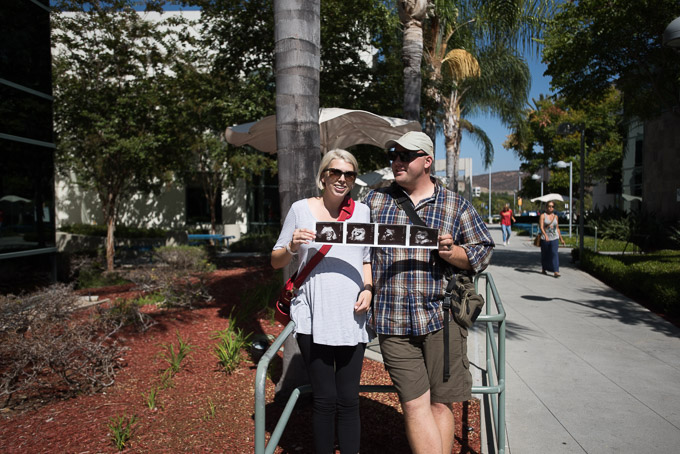
It's weird, though, how human nature wants to grasp at straws in an attempt put “abnormal” into some sort of “normal” framework that we can conceptualize.
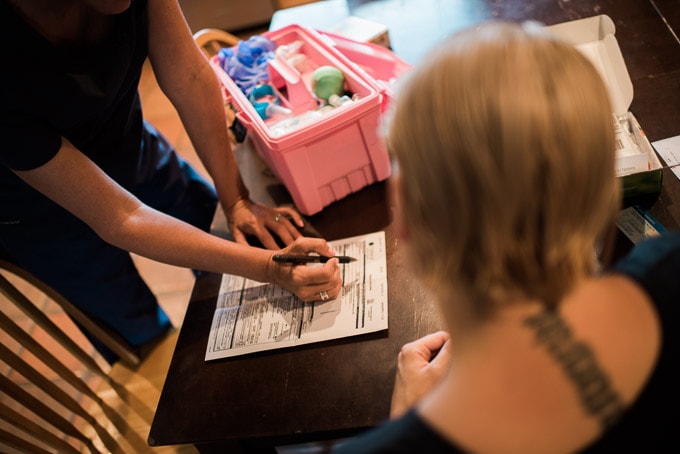
An expert had taken those images, read deeply into them and determined that our baby has what's known as pyelectasis. An enlarged kidney. The prognosis can vary widely, but in our case it's a moderate inflammation that could resolve on its own or could need surgery after the baby's birth.
“There's one more thing,” the doctor said, “It's a soft marker. This abnormal ultrasound result is associated with an increased risk of Down Syndrome.” She went on to say that the correlation itself is debated in the medical community, with numerous studies basically conflicting each other left and right. We spoke with a geneticist and the general consensus was that there was none. Our baby could deal with life-long issues or he could be completely healthy. An amniocentesis could give a more definitive answer, but my unrelated uterus condition means that procedure comes with an extremely high risk of miscarriage.
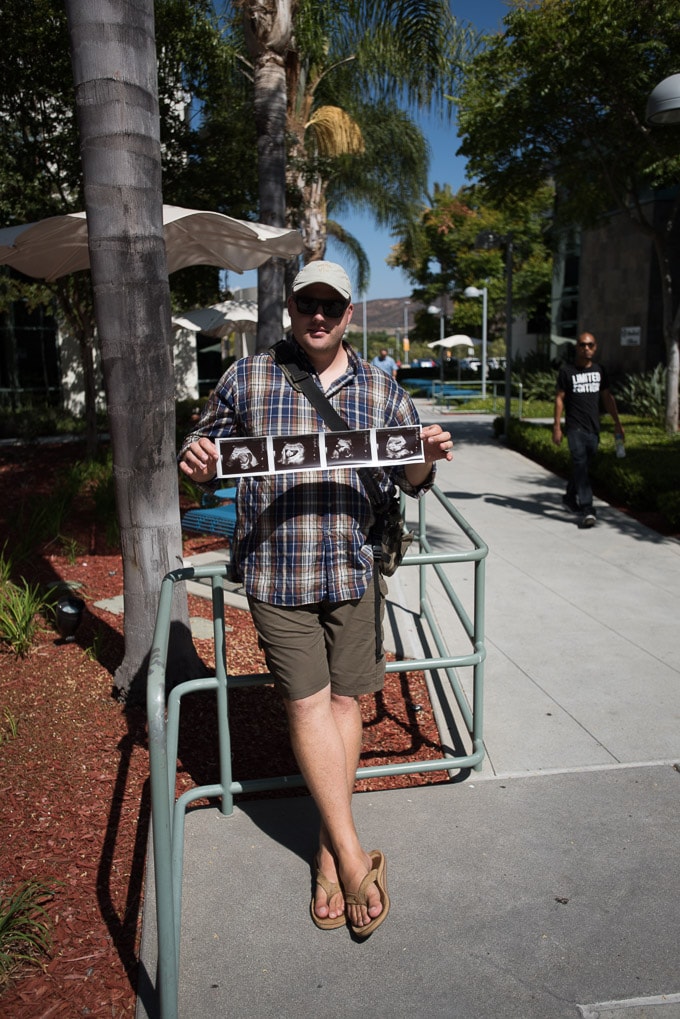
As a mom of three children, one of whom has spent time in Children's Hospital, “wait and see” doesn't sit well with me. Potential scenarios played in my head. We live in a rural area and our local schools don't have the best resources for disabled children. Would we need to move? We're resilient and I knew we'd figure any situation out, but over time I grew increasingly terrified about this birth. My labors are fast and scary, and I worried that I'd wind up delivering without medical assistance like last time. What if he had urgent heart or respiratory problems? What if nobody was around to help us?
I've always had a hard time bonding with my babies, and I think that was the most challenging part about this looming question mark. I found out the gender as early as possible so we could envision him as part of our lives. We gave him a name to help humanize our son and get his brothers ready to welcome him. In spite of all that, I saw two very divergent paths when I tried to imagine our future. Instead of capable and strong, I felt ambiguous and underprepared.
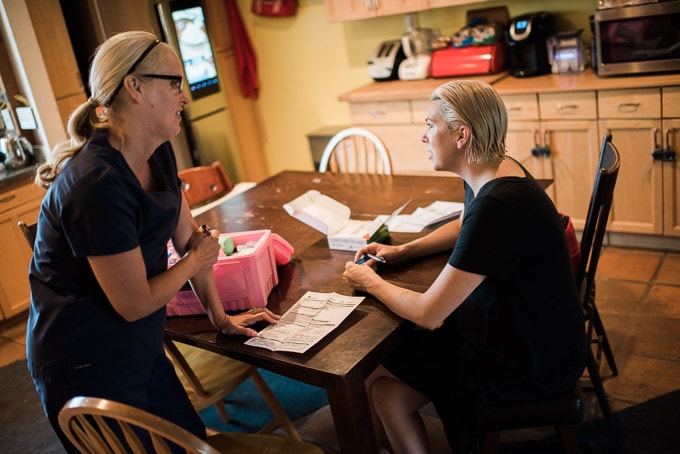
To make matters worse, this pregnancy has been unlike any of my others. I've been severely sick, and I convinced myself it must be because this pregnancy was…how did the doctor describe it? “Abnormal.” I read obsessively and discovered statistics about Down Syndrome that horrified me. Most pregnancies with chromosomal issues result in miscarriage, even late-term. We knew that we would wholeheartedly embrace our child no matter what difficulties or diagnosis he came with. At this point, though, we needed reassurance that we'd be given the opportunity to do that.
Help initiated from outside the medical community. A friend told us that there was a non-invasive way to find out your child's risk level for Down Syndrome. The Panorama genetic screening test from Natera is a simple blood draw that can provide insight into baby's risk level for specific genetic abnormalities (and even gender!) with over 99 percent sensitivity for Down Syndrome as early at 9 weeks gestation. We reached out and they generously agreed to work with our physician to provide us with the blood test so we could get a clearer picture of our baby.
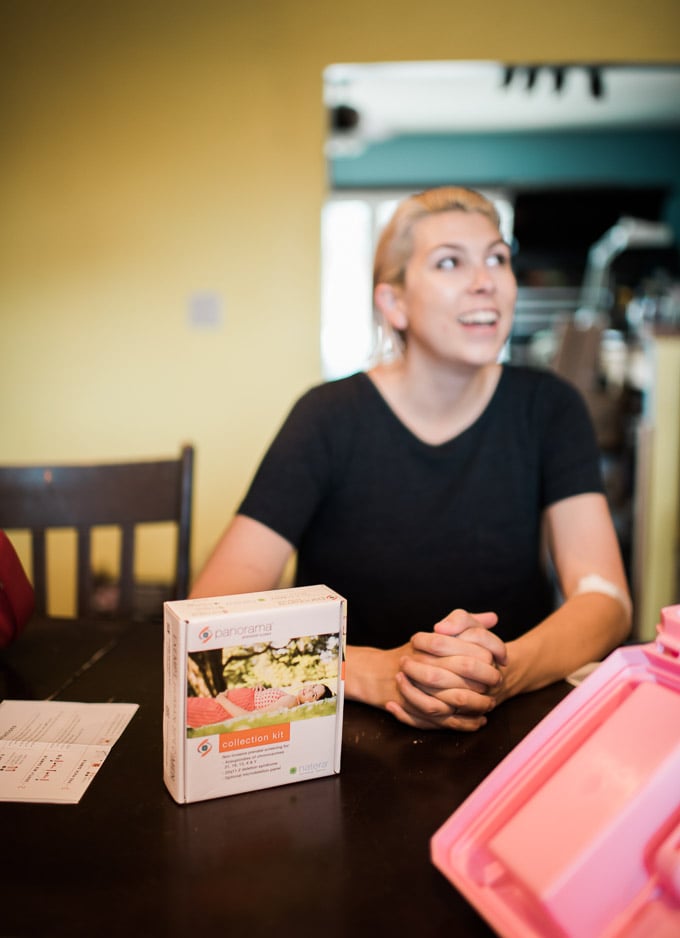
A phlebotomist came to our home early in the morning and drew my blood at our kitchen table while our three kids slept in. The process was peaceful and calm, unlike pretty much every other encounter we've had surrounding this baby's life. We were given an online login to track the test's progress, and within a couple weeks we had a clear answer.
“Low risk.”
No more shots in the dark. With our baby's genetic material extracted from my blood, tests done on his actual DNA were able to reduce his known risk of Trisomy 21, Trisomy 18, Trisomy 13, Monosomy X, Triploidy and 22q11.2 deletion syndrome to less than 1 in 10,000.
No test can give a definitive “yes” or “no,” but these numbers were a lot more solid than what we were looking at before.
We have always and will continue to love our baby no matter what. If the results were different, I'd like to think this post would have read similarly…just with an ongoing flurry of follow-up research. To us, taking the test was an act of loving our son. We wanted to get to know him as best as we possibly could, just like we do with all of our kids. It doesn't change anything about him or his place in our lives. It simply means that he will have better-prepared parents ready to bring him into this world. Our family can move forward and make plans. We can go through the birthing classes with a sense of confidence as opposed to constant doubt about our baby's future care.
Now, we can focus on the things we KNOW. We can tackle known obstacles better than vague markers any day of the week.
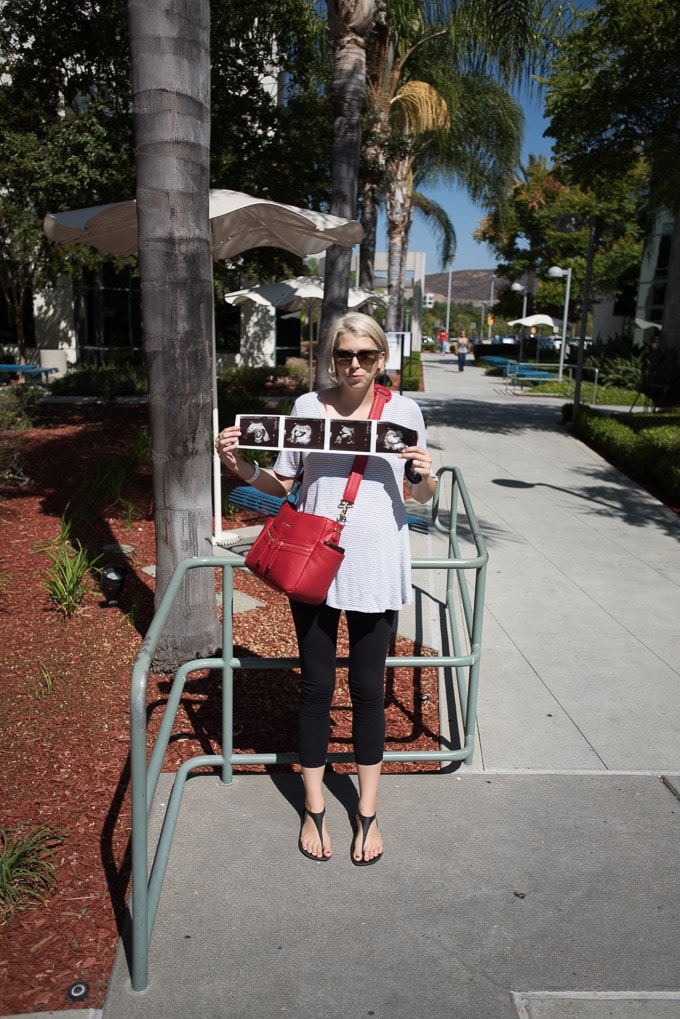
At this point, we know that our baby's kidney is not draining properly. We know that the problem might resolve itself. We know that our son might need antibiotics and/or surgery after he's born. We know that ongoing ultrasounds can help doctors be ready for his needs.
We know that he is loved.